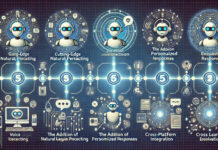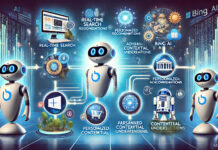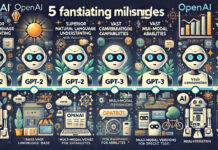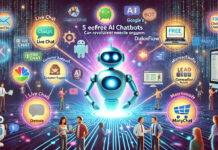Table of Contents
In the fast-paced world of software development, ensuring high-quality code and timely releases is critical. Traditional code review and debugging methods, although effective, can be time-consuming and prone to errors. Nowadays, we could apply AI in Code Review to make these processes become more efficient and accurate. This article explores how AI is revolutionizing code review and debugging, highlighting its benefits, applications, and future impact.
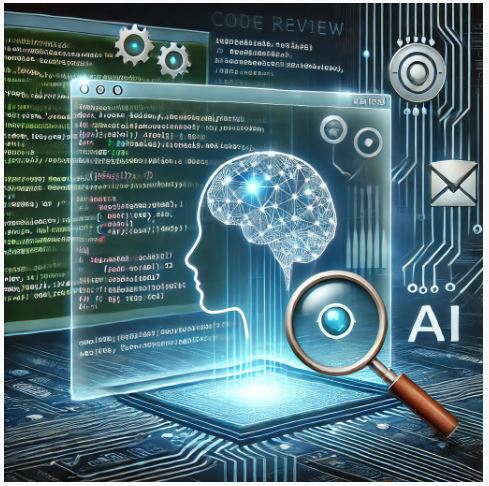
The Role of AI in Code Review
1. Automating Code Review: AI-driven tools can automatically review code to identify issues like syntax errors, security vulnerabilities, and coding standard violations. These tools use machine learning algorithms trained on large datasets to detect patterns and anomalies that human reviewers might miss. For instance, tools such as DeepCode and Codota offer real-time suggestions to improve code quality.
2. Enhancing Code Quality: AI systems ensure consistent enforcement of coding standards and best practices. By analyzing historical code review data, AI can suggest improvements and highlight deviations from guidelines. This helps maintain a uniform coding style, improving maintainability and readability.
3. Reducing Review Time: AI accelerates the code review process by automating routine checks and prioritizing critical issues. Developers can focus on complex problems, while AI handles repetitive tasks. This reduces review time and ensures that no detail is overlooked.
AI in Debugging
1. Predictive Debugging: AI can predict potential bugs by analyzing code patterns and historical bug data. Machine learning models identify code sections likely to contain errors, allowing developers to address issues proactively.
2. Automated Bug Fixing: AI-driven tools can suggest fixes for detected bugs. Learning from previous debugging sessions, these tools provide relevant solutions, reducing the time spent on troubleshooting. Examples include BugSpotter and AI Debugger, which pinpoint error sources and recommend fixes.
3. Real-time Error Detection: AI enhances real-time error detection by continuously monitoring code changes. Integrated development environments (IDEs) with AI capabilities can instantly flag errors, providing immediate feedback. This reduces the likelihood of bugs in the final product and speeds up the development cycle.
Benefits of AI in Code Review and Debugging
1. Improved Accuracy: AI systems can quickly and accurately analyze large amounts of code. Using machine learning algorithms, these systems detect subtle issues that human reviewers might miss, resulting in higher code quality and fewer bugs.
2. Enhanced Productivity: By automating routine tasks, AI allows developers to focus on more complex and creative aspects of coding. This boosts productivity and enables faster project delivery. Automated code review and debugging also reduce cognitive load on developers, minimizing burnout and enhancing job satisfaction.
3. Consistency and Scalability: AI ensures consistent application of coding standards across the codebase. This is particularly beneficial for large projects with multiple contributors. AI-powered tools can also scale easily, handling large volumes of code without compromising performance or accuracy.
Challenges and Future Implications
While AI offers substantial benefits in code review and debugging, challenges need to be addressed:
1. Data Privacy: AI systems require access to large amounts of code to learn and improve. Ensuring the privacy and security of this data is essential to prevent leaks and unauthorized access.
2. Algorithmic Bias: AI models can inherit biases present in the training data, leading to unfair or inaccurate results. It’s crucial to train AI systems on diverse and representative datasets to minimize bias and ensure fairness.
3. Human Oversight: Although AI can automate many aspects of code review and debugging, human oversight remains crucial. Developers must validate AI-generated suggestions to ensure they align with project goals and requirements.
Conclusion
AI is transforming software development by streamlining code review and debugging processes. By automating routine tasks, enhancing accuracy, and improving productivity, AI-powered tools enable developers to deliver high-quality code more efficiently. However, addressing challenges such as data privacy, algorithmic bias, and ensuring human oversight is crucial for the responsible and effective use of AI in software development.
For further insights into AI and its applications in software engineering, stay tuned to our series on AI technologies and news.
